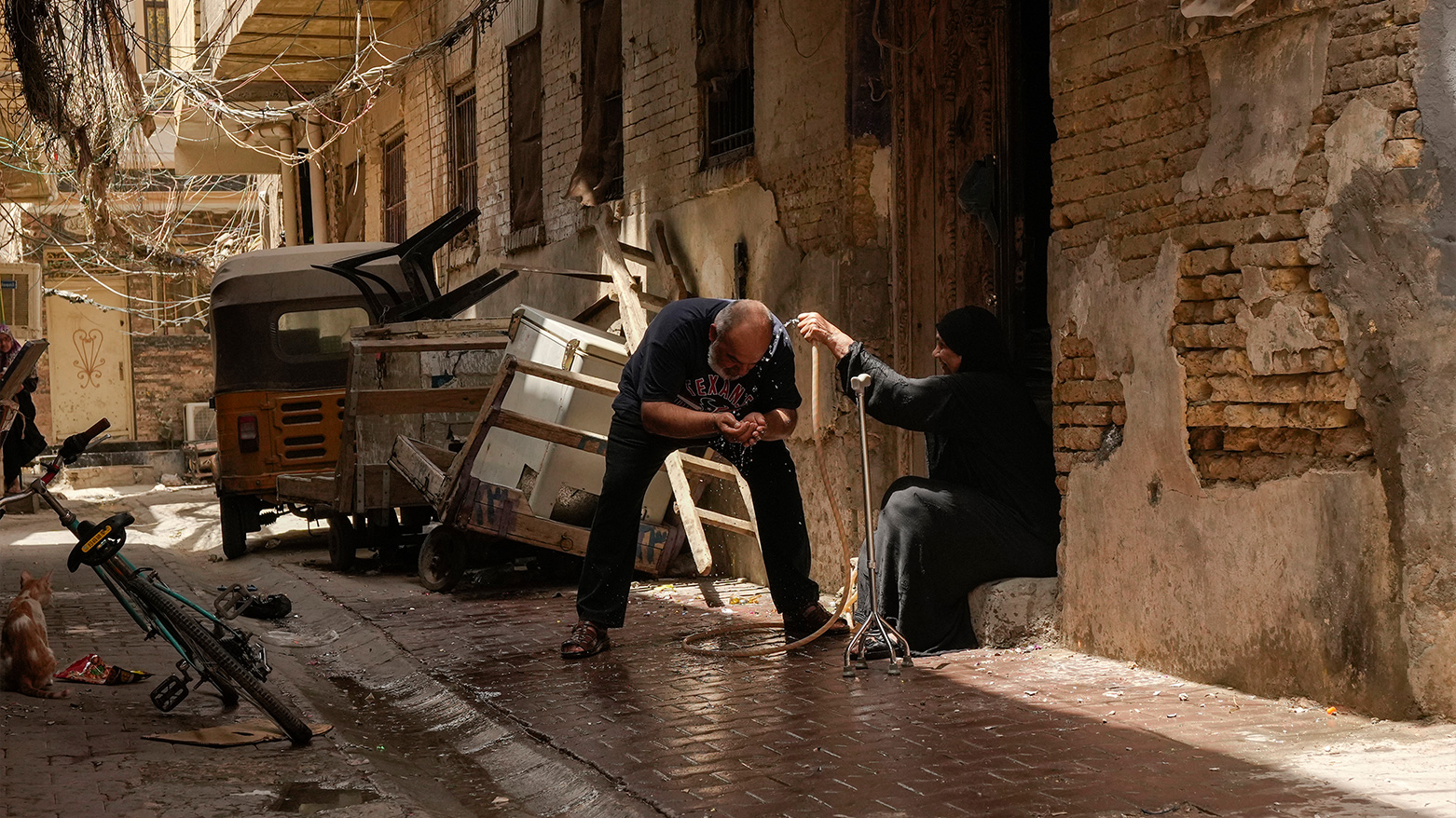Iraq’s Grid Collapses Under Gas Cuts While Kurdistan Holds Steady
Look at the Kurdistan Region; they sign deals to improve their grid and secure gas supplies. That’s why they have power. Iraq’s biggest issue is its lack of a coherent strategy,” Abdulmohsin Hussein, a well-known media commentator, told Kurdistan24.

ERBIL (Kurdistan24) — A sharp decline in Iranian gas imports has caused Iraq to lose over 3,000 megawatts of electricity this summer, exacerbating the country’s chronic power crisis just as temperatures soar past 50°C in parts of the country. While Iraqi authorities continue to rely on neighboring countries for energy supply, many observers point to a fundamental lack of long-term planning as the root cause of Iraq’s perennial electricity woes.
The latest crisis has left large segments of the population without stable power—particularly during the summer months, when demand skyrockets due to the extreme heat. In cities like Dhi Qar, residents report unbearable living conditions, accusing the government of repeated failure to address the issue over the past two decades.
“I don’t know if we are in 2025 or still stuck in 2003,” one frustrated Iraqi citizen told Kurdistan24. “They’ve spent billions of dollars, and yet, every summer we go through the same blackout crisis. Now they blame the shortage of Iranian gas, but the problem is deeper—there’s no strategic plan in place.”
Another resident echoed the widespread despair, saying, “It’s chaos. Every summer, we are without electricity. Winters are a bit better, but now officials come on TV saying Iran has cut gas supplies. What’s the real reason? All that money has been wasted, and they still haven’t solved anything.”
Energy analysts say that Iraq’s overdependence on Iranian gas and its failure to diversify sources or invest in domestic production have made the country vulnerable to recurring crises. With more than 3,000 megawatts of electricity lost due to the gas supply cut, millions are now left struggling to cope with the heat, especially in provinces like Dhi Qar where temperatures are among the highest in the country.
Abdulmohsin Hussein, a well-known media commentator, described the recurring power outages as a humanitarian issue. “Every summer ends in tragedy for Iraqi families. People have children, elderly, and sick relatives—they need electricity. Look at the Kurdistan Region; they sign deals to improve their grid and secure gas supplies. That’s why they have power. Iraq’s biggest issue is its lack of a coherent strategy.”
Since 2003, Iraq’s power sector has remained stagnant despite the allocation of enormous public funds. The central government continues to depend heavily on external gas supplies without establishing a reliable domestic alternative or reserve capacity. This year’s crisis is feared to potentially trigger public protests, much like previous years when demonstrations erupted against the failing electricity infrastructure.
Erbil, the capital of the Kurdistan Region of Iraq, offers a stark contrast to the rest of the country’s faltering power sector. While Iraq as a whole continues to struggle with widespread outages and chronic infrastructure deficiencies, Erbil and the broader Kurdistan Region have pursued an alternative path focused on sustainability, self-sufficiency, and planning.
Through strategic agreements, diversified energy policies, and consistent infrastructure upgrades, the Kurdistan Regional Government (KRG) has managed to provide a more stable power supply to its residents. Key to this progress has been the region’s investment in local gas development and its efforts to decouple its energy needs from the volatile regional supply chain dominated by Iran.
This pragmatic and visionary approach has allowed the Kurdistan Region to weather many of the power shortages afflicting the rest of Iraq. The contrast is becoming more evident as summer temperatures rise and the national grid once again buckles under pressure. As Iraq’s energy sector falters under poor planning and reactive policies, Erbil continues to demonstrate how strategic investment and long-term planning can deliver real benefits to citizens, even in a challenging geopolitical and economic environment.
Haider Hanoon, Kurdistan24 Correspondent in Baghdad, contributed to this report.